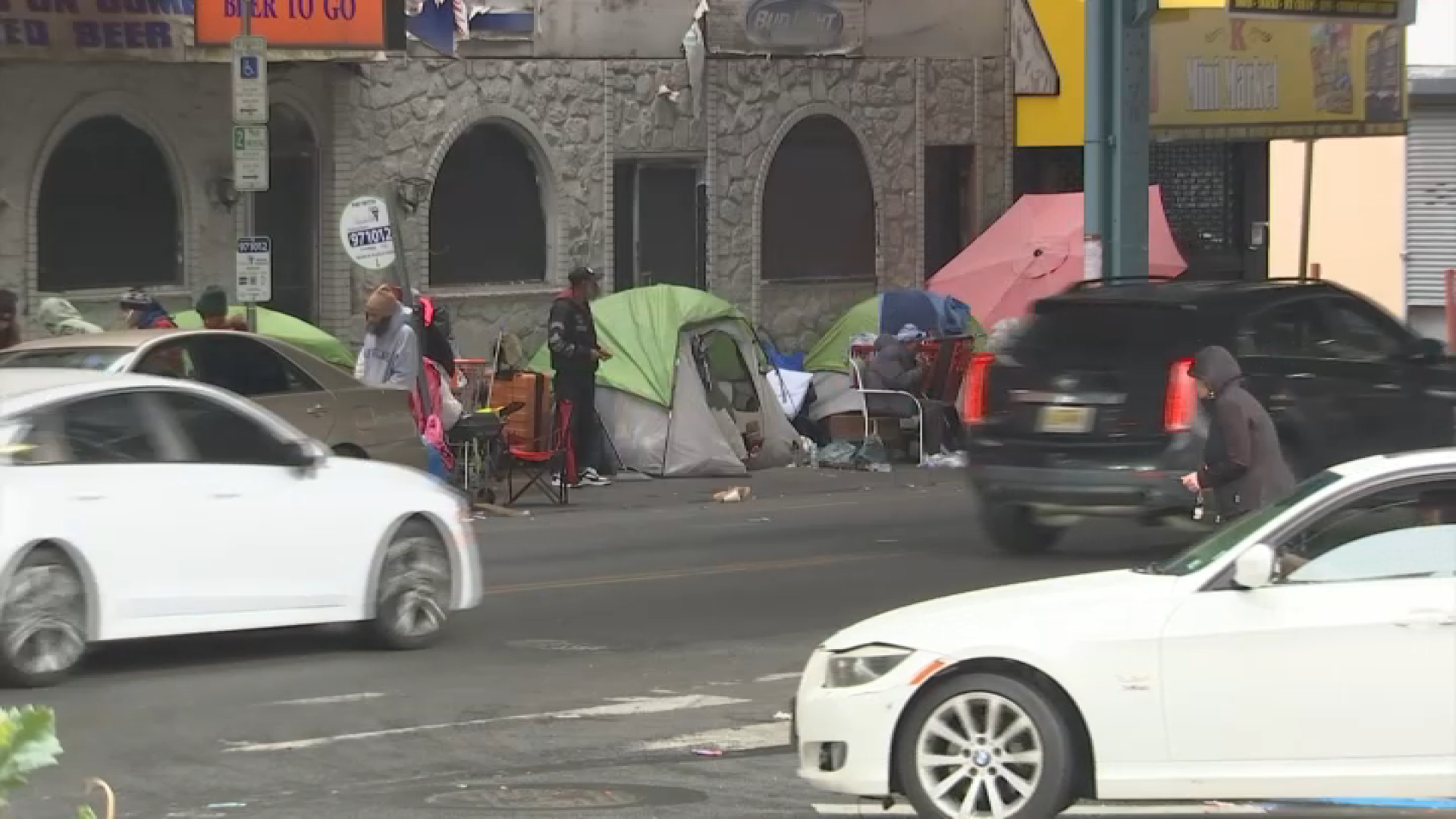A new opioid response team in Philadelphia is pairing paramedics with social service case workers with the goal of getting overdose survivors into treatment, officials announced Wednesday.
The new unit hit the streets in April and works with a firehouse in Kensington — an area of the city particularly hard-hit by the opioid epidemic.
Philadelphia's opioid crisis is among the worst in the U.S., with more than 1,100 fatal overdoses in 2018.
"This is a crisis that is unprecedented in its scope and its breadth, but the numbers don't tell the whole story," said Philadelphia Fire Commissioner Adam Thiel. "What we can't measure and what is the true keystone of this program is the caring and compassion that is delivered by our members."
In the new unit, known as AR-2, a paramedic and a case manager ride together in a special SUV, responding when someone revived from an opioid overdose declines transport to a hospital but wants help for substance abuse. It doesn't replace an ambulance response, but the idea is it can free up that ambulance more quickly to respond to other urgent calls, while AR-2 takes time to help the overdose patient.
Since the pilot program launched, the unit engaged 25 people in its first six weeks. Six people accepted treatment and many others accepted free naloxone — the opioid overdose antidote drug — and literature on treatment options and resources, said Mayor Jim Kenney.
"It's about meeting people where they are," Kenney said at the firehouse on Wednesday. "If they aren't ready to enter a treatment facility, we will offer information on how to access care when they are ready."
Local
Breaking news and the stories that matter to your neighborhood.
The initiative is a partnership between the Philadelphia Fire Department, city Department of Public Health and Department of Behavioral Health.
The fire department responded to over 270,000 incidents in 2018, and about 5% of those were classified as overdoses. In 2018, fire department medics administered 3,693 doses of naloxone to overdose survivors around the city.
Crystal Yates, the Philadelphia Fire Department's assistant deputy commissioner for EMS, said she'd been hearing time and against from medics who felt like they weren't doing enough for overdose patients.
They brainstormed with the city's behavioral health department, applied for and eventually received a $2 million grant to help bolster the program, along with city funding, she said. The unit now roams the neighborhood from 10 a.m. to 6 p.m., seven days a week.
In a month, the city will look at progress and talk about next steps in expanding the program.
David Sullivan has worked as a fire service paramedic for about seven years and recently moved over to the new team. He said it was frustrating seeing the same people overdose over and over again.
"Some of these folks that we're engaging we would take care of several times a day," he said. "You're picking them up, you're giving them Narcan and you're like 'yo, you really need to get into treatment.' But as a street-level provider, there was only so much we could do for somebody like that."
He said his new job gives him the ability to help patients take a step toward treatment. "I like that it's proactive," he said.



